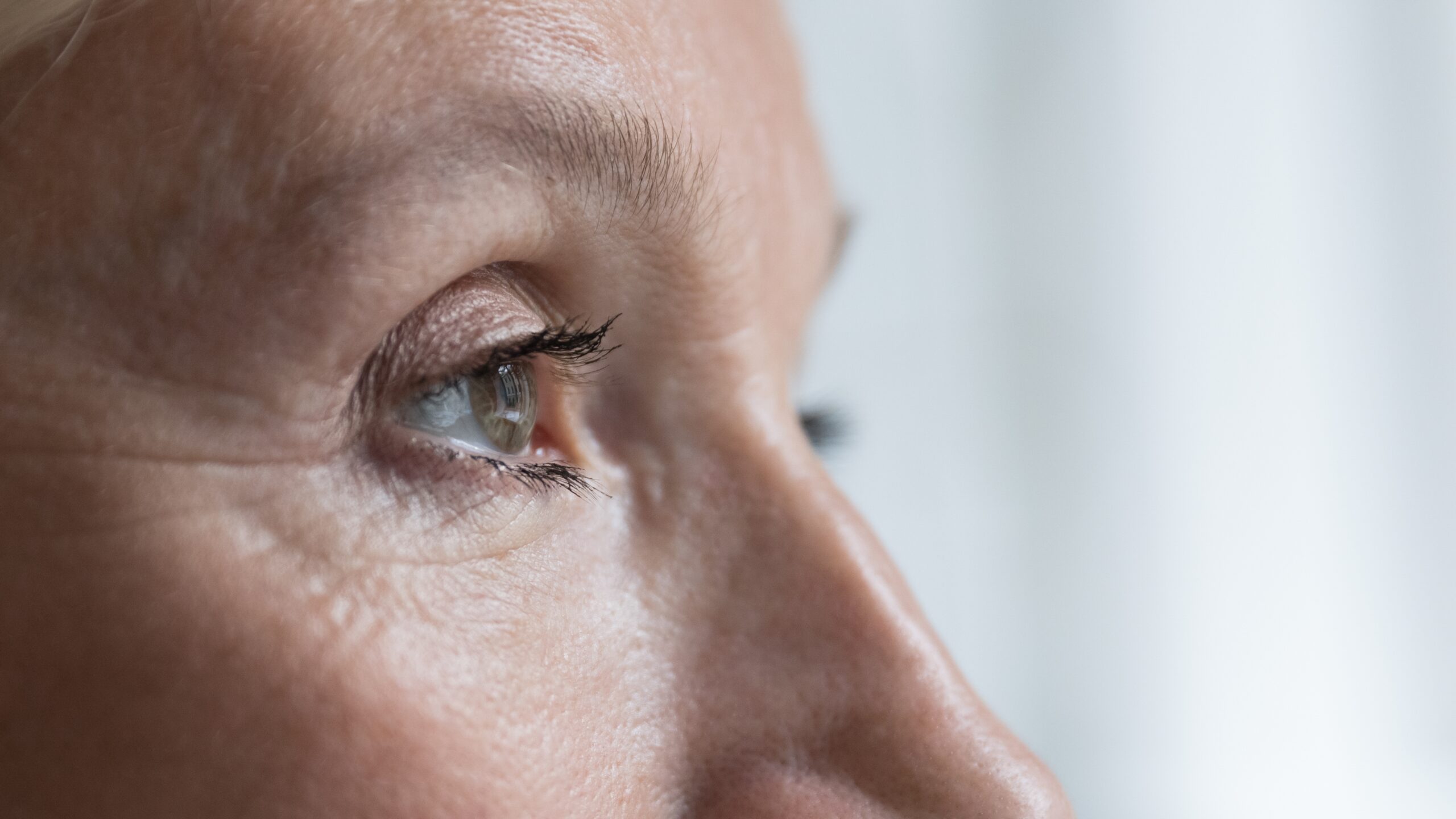Home » Protecting Your Vision from Diabetic Eye Disease
Diabetes can silently affect many parts of the body—but when it reaches your eyes, the stakes are especially high. Diabetic eye disease is one of the leading causes of vision loss in adults, yet many people don’t even realize their eyesight is at risk until symptoms have already progressed.
In East Tennessee, where diabetes is increasingly common, having access to skilled retina specialists can make all the difference. From Lenoir City to Morristown, retina care plays a critical role in helping patients preserve their vision for the long term. If you or a loved one has diabetes—whether newly diagnosed or managing it for years—here’s what you need to know about how it can affect your eyes and where to turn for expert care.

Many individuals in East Tennessee are living well with diabetes, thanks to better awareness, improved treatments, and ongoing support. Managing diabetes also means staying proactive about eye health.
Routine screenings are one of the most effective ways to catch early signs of diabetic eye disease—often before any noticeable symptoms appear. With regular care and timely follow-up, it’s possible to protect your vision and prevent long-term complications.
That’s where retina specialists come in—they help detect changes before vision is affected and guide patients through the most effective treatment options.
While early diabetic eye disease is often symptom-free, later stages can cause:
If you notice any of these signs—and have diabetes—it’s time to see a retina specialist right away.
A retina specialist is an ophthalmologist with advanced training in diseases of the retina and vitreous (the gel-like center of the eye). They diagnose and manage serious conditions like diabetic retinopathy, macular degeneration, and retinal tears or detachment.
If you have diabetes, a retina specialist can:
Their goal is to prevent further damage, protect the retina, and preserve your sight as much as possible.
Treatment depends on the severity of the condition. If caught early, simple monitoring and tighter blood sugar control may be enough to prevent progression.
When diabetic retinopathy or macular edema is more advanced, retina specialists may recommend:
These treatments can stabilize vision—and in some cases, even improve it. But the key is early diagnosis and ongoing follow-up.
The American Diabetes Association recommends a comprehensive eye exam every year for anyone with diabetes. This includes dilating the pupils to examine the retina closely.
People with known diabetic eye disease—or those at higher risk—may need to be seen more frequently, especially by a retina specialist.
Even if you have no vision symptoms, regular checkups can detect small changes before they become bigger problems.
In addition to seeing an eye care provider regularly, managing your overall health plays a big role in protecting your eyes. Here are steps that help:
These habits don’t just benefit your eyes—they support your overall health and quality of life.
Access to retina specialists is especially important in regional communities. Driving long distances or waiting for a referral can delay treatment—and in cases of eye disease, time matters.
That’s why it’s valuable to have trusted eye care close to home in East Tennessee. Whether you’re based in Morristown, Powell, Lenoir City, or Harriman, there are options for advanced care that don’t require leaving the region.
Living with diabetes doesn’t mean you have to lose your vision—but it does mean you need to stay ahead of the risks. If you’ve been diagnosed with diabetes and haven’t had a recent dilated eye exam—or if you’re experiencing any vision changes—it’s time to schedule an appointment.
Tennessee Eye Care has experienced retina specialists serving East Tennessee with locations in Knoxville, Lenoir City, Morristown, Powell, and Harriman. Their team is committed to early detection, personalized treatment, and protecting your sight for the long haul. Contact us today!